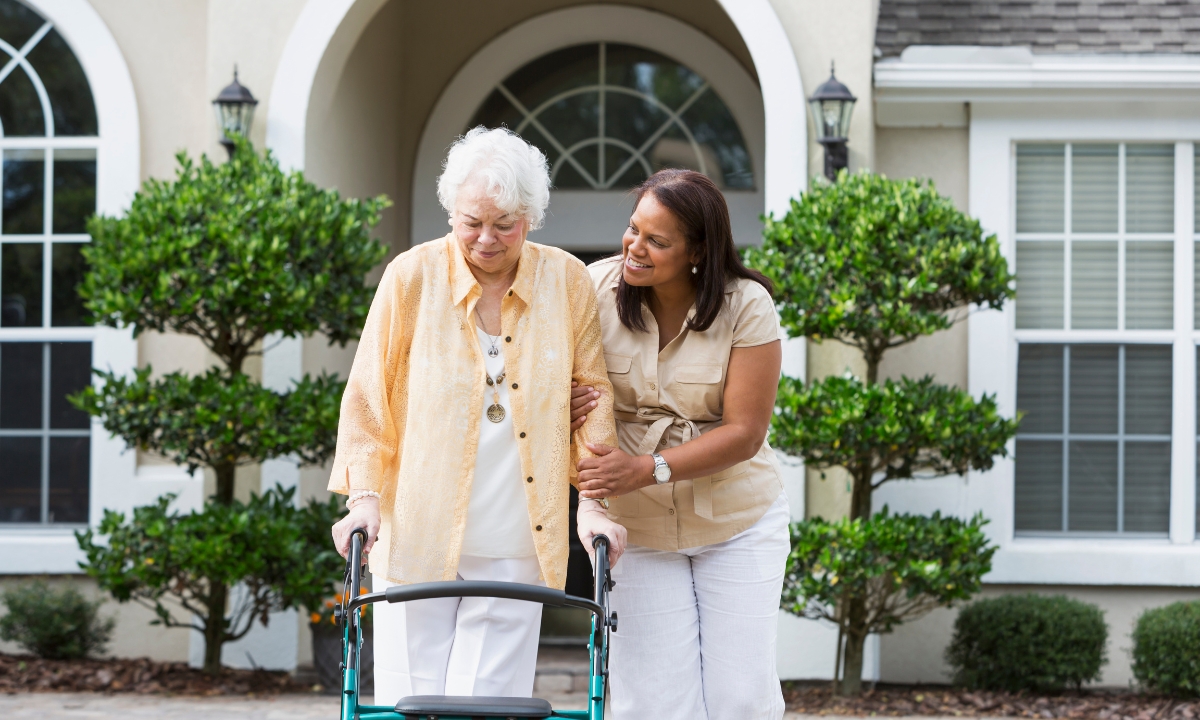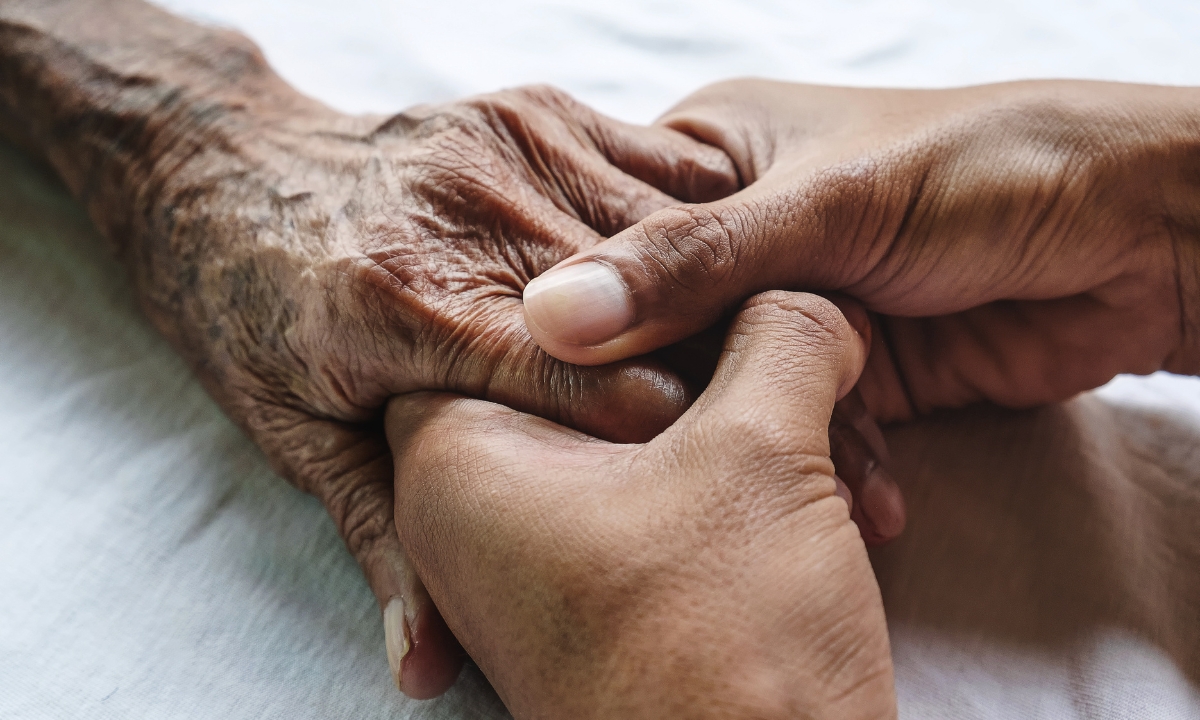When choosing in-home care for your loved one, finding a provider who understands and respects their unique cultural background can make all the difference. Cultural competency in home care ensures that caregivers not only meet your loved one’s physical needs but also support their emotional, social, and spiritual well-being.
As you navigate this journey, it’s important to understand how cultural competency impacts the quality of care and fosters a deeper connection between caregivers and those they serve. Here at Reliant Home Care Services, we understand how cultural differences can impact care and strive to ensure to match individuals with caregivers who understand their culture.

What is Cultural Competency in Home Care?
Cultural competency is the ability of caregivers to understand, appreciate, and respond to the cultural, linguistic, and social needs of the individuals they care for. In the diverse communities of the United States, including areas like Riverside County, cultural differences influence everything from dietary preferences and communication styles to religious practices and family dynamics.
For example, according to the U.S. Census Bureau, over 50% of Riverside County’s population identifies as Hispanic or Latino, while other communities represent Asian, African American, and other cultural groups. These cultural identities shape how individuals experience care, making it essential for providers to approach every family with sensitivity and respect.
Why Cultural Competency Matters in Home Care
Your loved one’s cultural background is an integral part of who they are. Caregivers who take the time to learn and respect their traditions, beliefs, and values help ensure your loved one feels seen and valued.
For instance, if your loved one observes specific religious practices or dietary restrictions, a culturally competent caregiver can incorporate these elements into their care routine. This fosters trust and helps your loved one feel comfortable and understood.
Improved Communication
Language barriers or differences in communication styles can make it difficult for your loved one to express their needs. A culturally competent caregiver can adapt their communication approach, ensuring your loved one feels heard. In some cases, this may involve hiring a caregiver who speaks the same language or understands cultural norms around eye contact, gestures, or personal space.
Reducing Stress and Anxiety
Receiving care from someone who is sensitive to your loved one’s cultural background can ease feelings of stress or discomfort. For seniors, especially those with dementia or memory challenges, familiar cultural practices—such as traditional music, food, or celebrations—can provide comfort and a sense of continuity.
How Cultural Competency Enhances Quality of Care
A caregiver who is culturally competent goes beyond the basics of caregiving to create a more personalized experience. Here’s how:
- Customized Care Plans: Incorporating your loved one’s traditions and preferences into daily routines makes care more meaningful. For example, preparing meals that reflect their cultural cuisine or accommodating prayer times.
- Celebrating Diversity: A caregiver who embraces your loved one’s culture creates a positive and inclusive environment that promotes well-being and dignity.
- Building Trust: When your loved one feels understood and respected, they are more likely to communicate openly, fostering a stronger caregiver-patient relationship.
Challenges to Cultural Competency in Home Care
While the benefits of cultural competency are clear, achieving it requires intentional effort. Some common challenges include, but are not limited to, the following:
- Lack of Training: Caregivers may not receive adequate training on cultural sensitivity and awareness.
- Language Barriers: Miscommunication can arise when caregivers and clients don’t share a common language.
- Assumptions and Biases: Unintentional biases can impact the quality of care if caregivers rely on stereotypes rather than getting to know the individual.
Addressing these challenges starts with ongoing education, open communication, and a commitment to treating every client as a unique individual.
Tips for Finding Culturally Competent Home Care
As you search for the right care for your loved one, here are some steps you can take to ensure cultural competency is a priority:
- Ask About Training: Inquire whether the home care provider offers training on cultural competency for their caregivers.
- Share Your Loved One’s Needs: Be open about your loved one’s cultural background, language preferences, and specific traditions or practices.
- Request a Match: Ask if the provider can match your loved one with a caregiver who shares their language or cultural background, if appropriate.
- Look for Empathy: During interviews, observe whether caregivers demonstrate a willingness to listen, learn, and adapt to your loved one’s needs.
At Reliant Home Care Services, we believe that cultural competency is more than a skill—it’s a commitment to treating every client with dignity, respect, and compassion.

The Role of Cultural Competency in Riverside County
In diverse communities like Murrieta, Temecula, and Menifee, cultural competency is especially important. As a caregiver, understanding the unique cultural fabric of the region allows us to provide better support for families like yours. Whether your loved one prefers traditional Hispanic meals, observes specific holidays, or values multi-generational family involvement, we tailor our care to honor these preferences.
When your loved one receives care that reflects their cultural identity, the impact goes beyond meeting physical needs. They feel valued, respected, and supported in living independently with dignity and joy.
At Reliant Home Care Services, we’re dedicated to providing culturally competent in-home care that celebrates diversity and fosters connection. Our caregivers are trained to deliver personalized care that honors the unique background of every individual we serve. Contact us today to learn more about how we can support your loved one with compassionate, culturally sensitive care. Together, we can create a care plan that meets their needs and respects their traditions.


